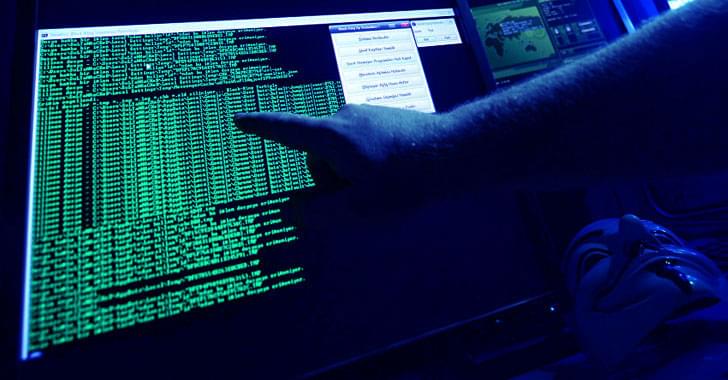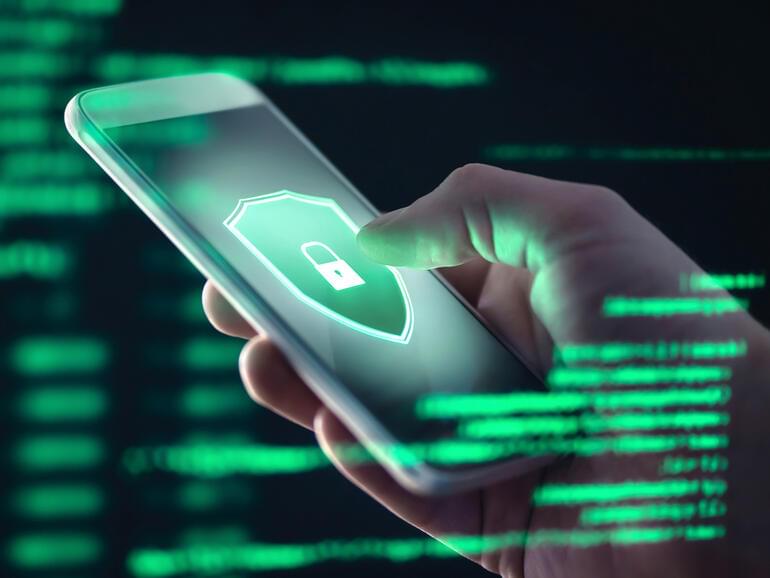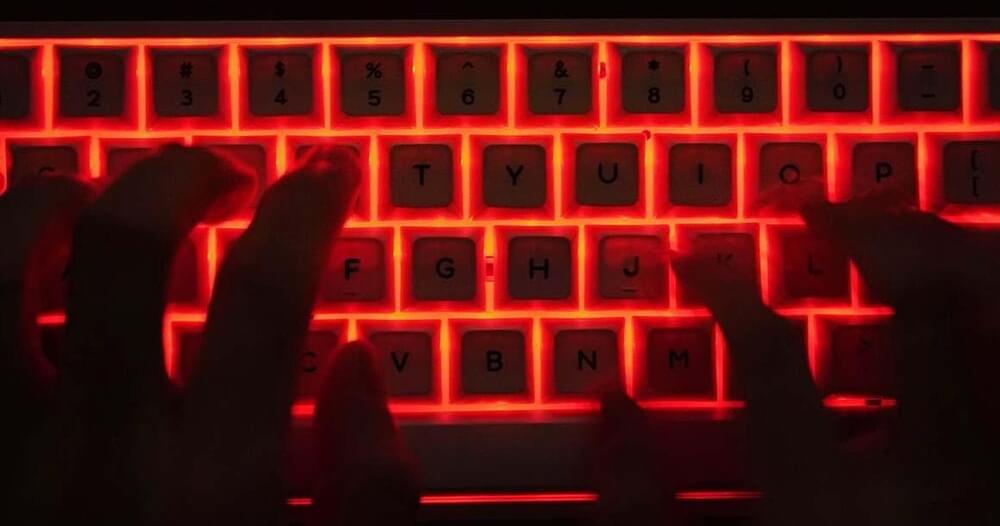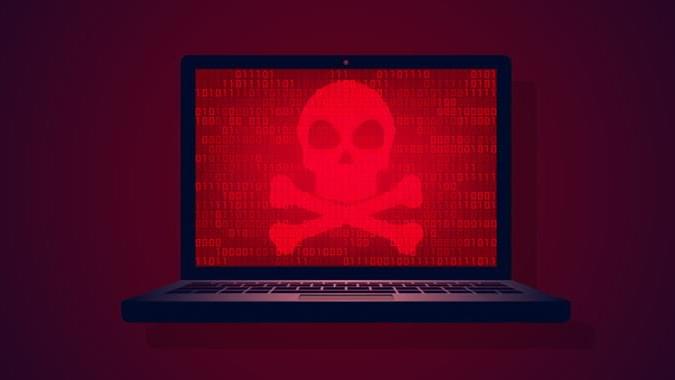Cloudflare, The internet infrastructure company, already has its fingers in a lot of customer security pots, from DDoS protection to browser isolation to a mobile VPN. Now the company is taking on a classic web foe: email.
On Monday, Cloudflare is announcing a pair of email safety and security offerings that it views as a first step toward catching more targeted phishing attacks, reducing the effectiveness of address spoofing, and mitigating the fallout if a user does click a malicious link. The features, which the company will offer for free, are mainly geared toward small business and corporate customers. And they’re made for use on top of any email hosting a customer already has, whether it’s provided by Google’s Gmail, Microsoft 365 Yahoo, or even relics like AOL.
Cloudflare CEO Matthew Prince says that from its founding in 2,009 the company very intentionally avoided going anywhere near the thorny problem of email. But he adds that email security issues are unrelenting, so it has become necessary. “I think what I had assumed is that hosting providers like Google and Microsoft and Yahoo were going to solve this issue, so we weren’t sure there was anything for us to do in the space,” Prince says. “But what’s become clear over the course of the last two years is that email security is still not a solved issue.”








